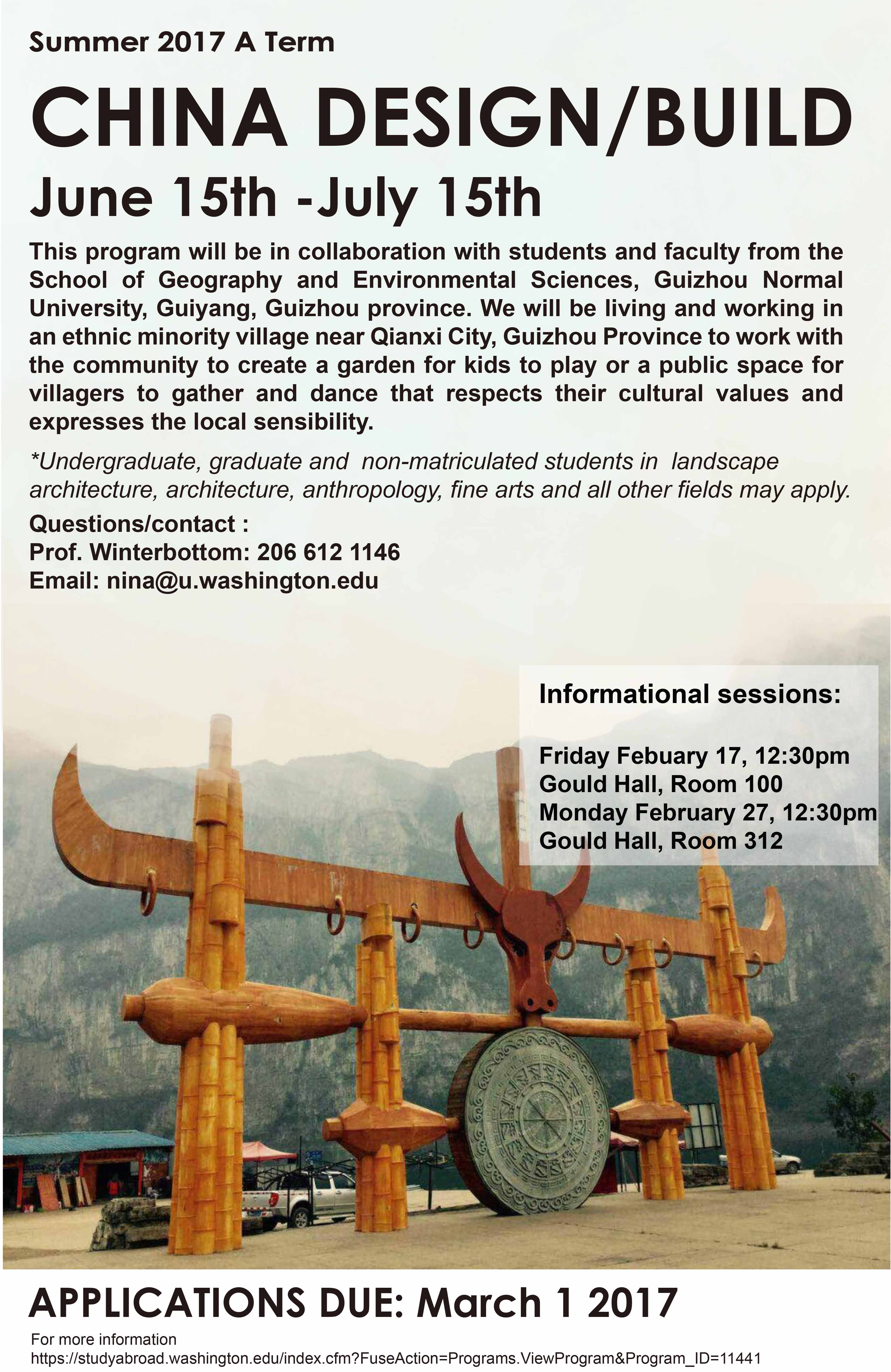- Gives 5 credits and NW and I&S
- Has no prerequisites
- SLN 14180, course website it at https://canvas.uw.edu/courses/
1139106/assignments/syllabus - This is an online course (except for two mandatory in-person exam on 5.4 and 6.1, 4:30-6:50 pm, in 223 Anderson Hall)
Course Goals. ESRM 320 has two goals, which are to provide a context for 1) learning business concepts (through watching the recorded business lectures and reading the Nickels textbook) AND 2) hands on experience assessing corporate sustainability performance (through assessing GRI indicators using sustainability report information). The business learning objectives below in bold are achieved through listening to the recorded business lectures and reading the Nickels textbook (both of which are covered on the exams that comprise about 55% of the course grade) while the sustainability learning objectives underlined below are achieved through assessing GRI indicators using sustainability report information and the associated SPA quizzes and SPI paper (45% of the course grade). Exams do not cover SPA, and the SPA quizzes do not cover business concepts. Note that SPA and SPI are described in detail throughout this syllabus.
- Explain marketing, human resources, corporate social responsibility, and sustainability concepts
- Summarize how a market orientation and commitment to sustainability can enhance customer and employee satisfaction
- Describe how consumer markets are segmented, targeted, and products positioned to satisfy individual, government, and business consumers’ wants and needs
- Compare techniques for creating value-added products, services, and ideas; valuing environmental and social externalities and managing traditional pricing; developing distribution strategies and “greening” the supply chain; and creating and implementing promotion campaigns
- Define managerial and leadership styles and theories of motivation, persuasion, and influence
- Summarize the human resource process of recruiting, interviewing, hiring, training, motivating, and evaluating employees
- Describe Global Reporting Initiative (GRI) framework for sustainability reporting
- Assess GRI human rights, labor practices, product responsibility, and society indicators to measure actual sustainability performance
- Analyze real world sustainability performance using data in corporate sustainability reports
- Summarize and interpret sustainability performance data
